Nissan Zero Emission Ambulance becomes part of ‘Zero Emission Tokyo’ initiative
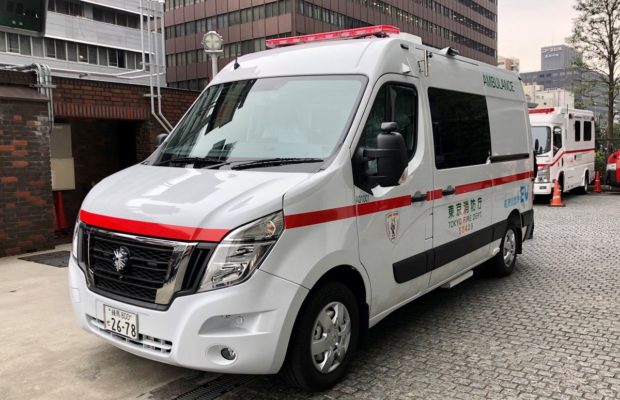
YOKOHAMA, Japan (May 18, 2020) – Nissan Motor Co., Ltd. and the Tokyo Fire Department announced a new addition to the ambulance fleet of the Ikebukuro branch – Japan’s first Nissan NV400 Zero Emission (EV) Ambulance.
The project is the result of a strong collaboration among Nissan, the Tokyo Fire Department and the Tokyo Metropolitan Government.
“Nissan strongly believes in sustainable mobility and strives to contribute to a world with zero emissions and zero fatalities,” said Ashwani Gupta, representative executive officer and chief operation officer at Nissan. “This project is another great example of our efforts to enhance accessibility of eco-friendly vehicles to local communities.”
The introduction of the first EV ambulance in the Tokyo Fire Department fleet is part of the Tokyo Metropolitan Government’s “Zero Emission Tokyo” initiative.
The Nissan EV Ambulance is equipped with an electric stretcher that enables ease of operations for ambulance staff.
Thanks to its EV powertrain, the noise and vibration levels in the vehicle are significantly lower in comparison with a traditional gasoline-powered vehicle, helping reduce negativeimpact on patients as well as on staff handling sensitive equipment.
Two lithium-ion battery packs support its EV capabilities (33 kilowatt-hours) with an additional battery (8 kWh) allowing longer use of electrical equipment and the air-conditioning system. The ambulance can also turn into a mobile source of power in case of a power outage or natural disaster.
Thanks to its EV nature, the Nissan EV Ambulance is a cost-efficient solution from a cost-of-charging and maintenance point of view.
The Nissan EV Ambulance is based on a converted Nissan NV400 currently on sale in Europe.
The bodywork, executed by Autoworks Kyoto, is compliant with Japanese regulations and designed to meet customer needs. The robust and practical ambulance package wasdeveloped by Gruau, a major European emergency vehicle bodywork company.


Specifications
Length: 5,548 mm; width: 2,070 mm; height: 2,499 mm
Gross vehicle weight: 3.5 tons
Number of crew and passengers: 7
EV motor: max power output 55 kilowatts; max torque 220 Nm
Main powertrain: lithium-ion battery, capacity 33 kWh, charging AC200; maximum 7kw; normal charge (Type 2)
Battery for equipment activation: capacity 8kWh; charging AC100V 1.5 kW
For more information about our products, services and commitment to sustainable mobility, visit
nissan-global.com. You can also follow us on Facebook, Instagram, Twitter and LinkedIn and see all our latest videos on YouTube.
###






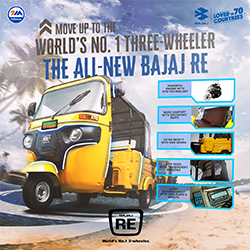

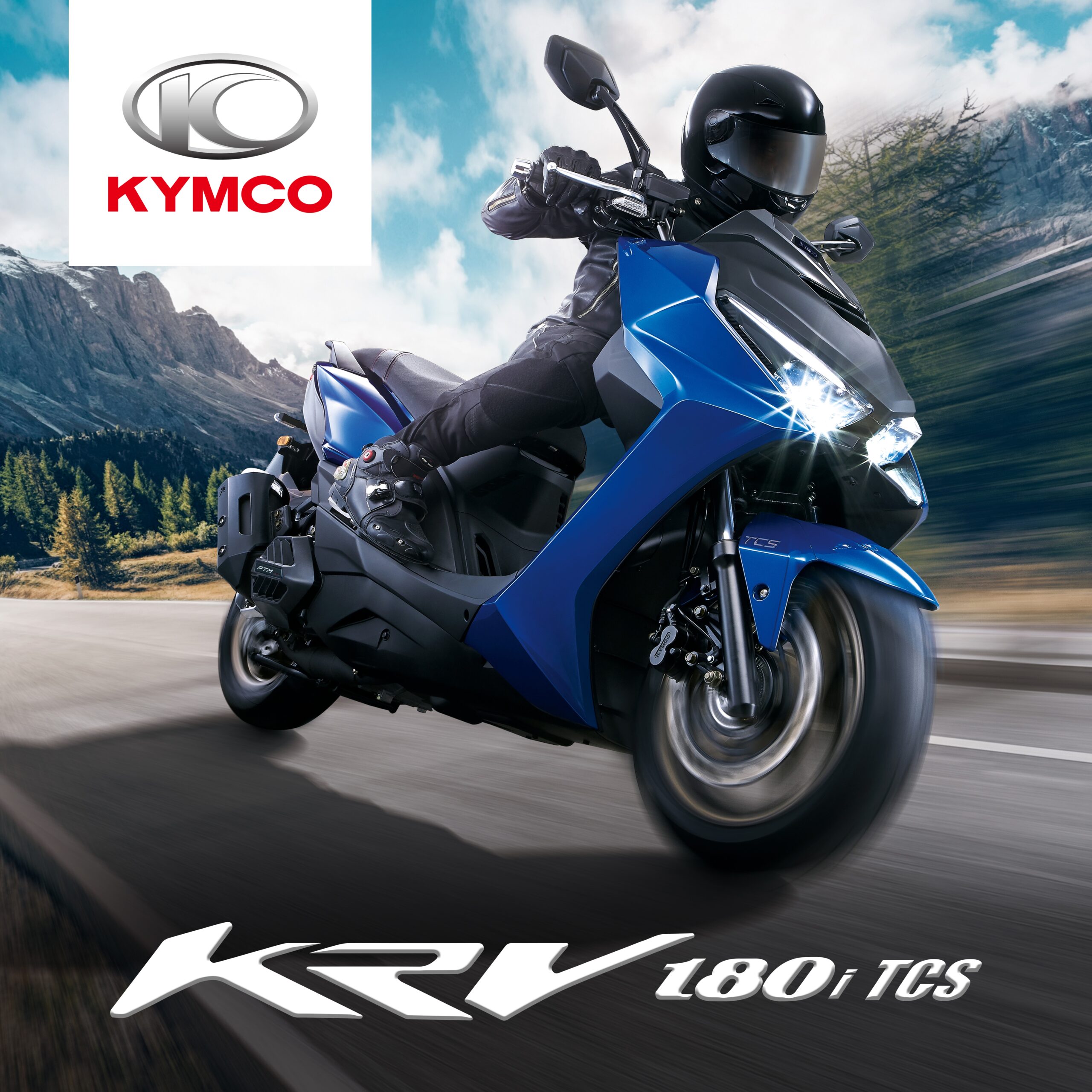


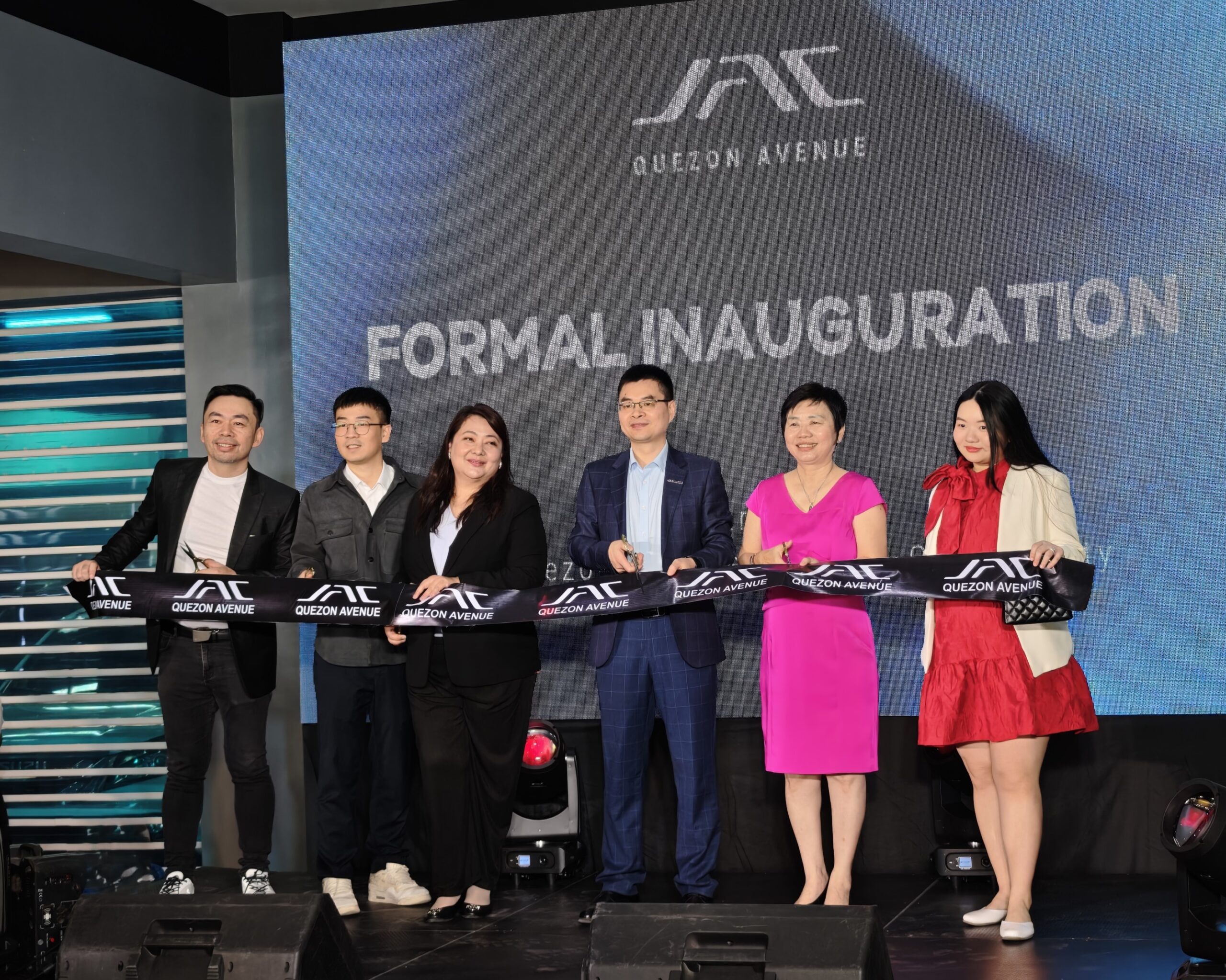


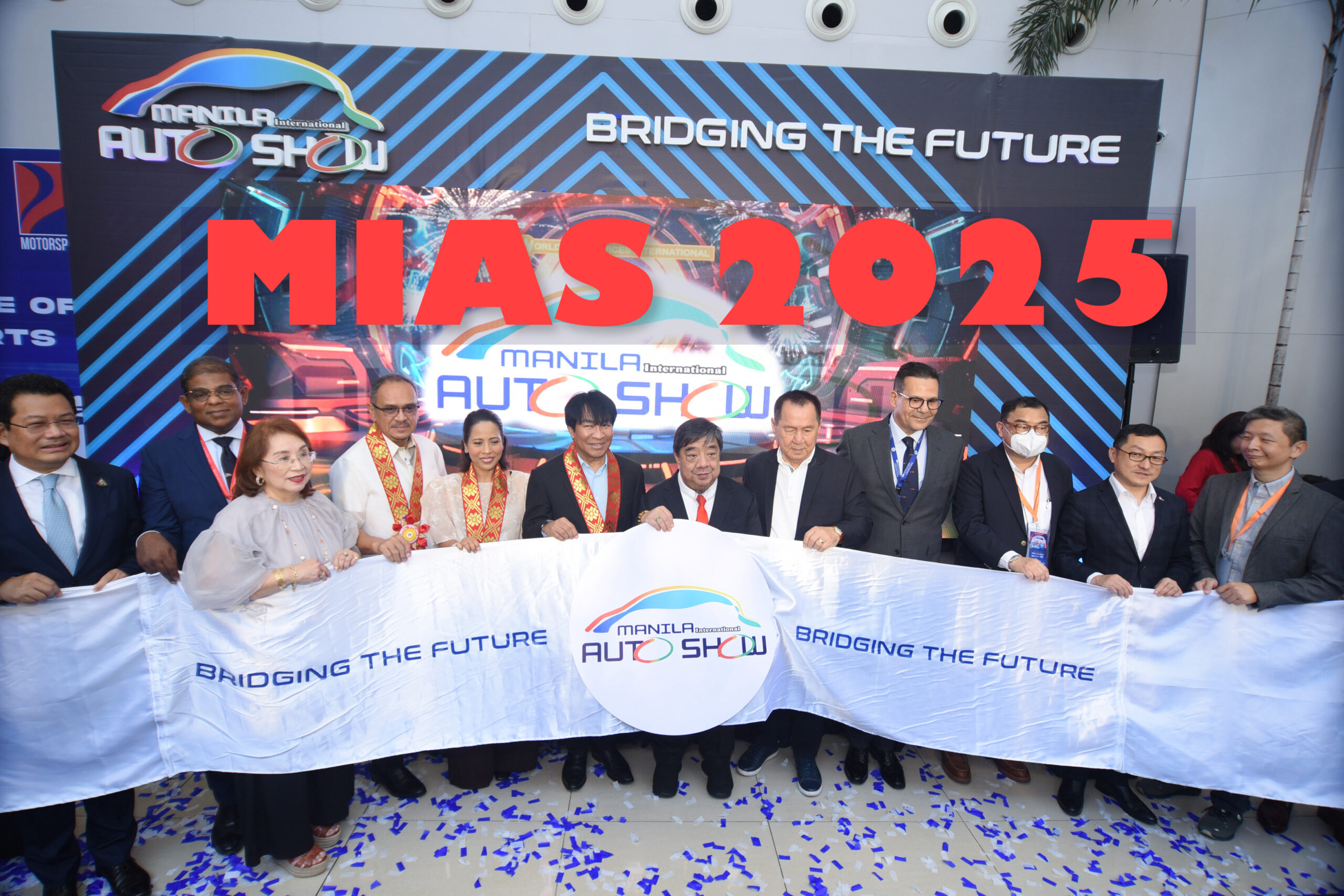


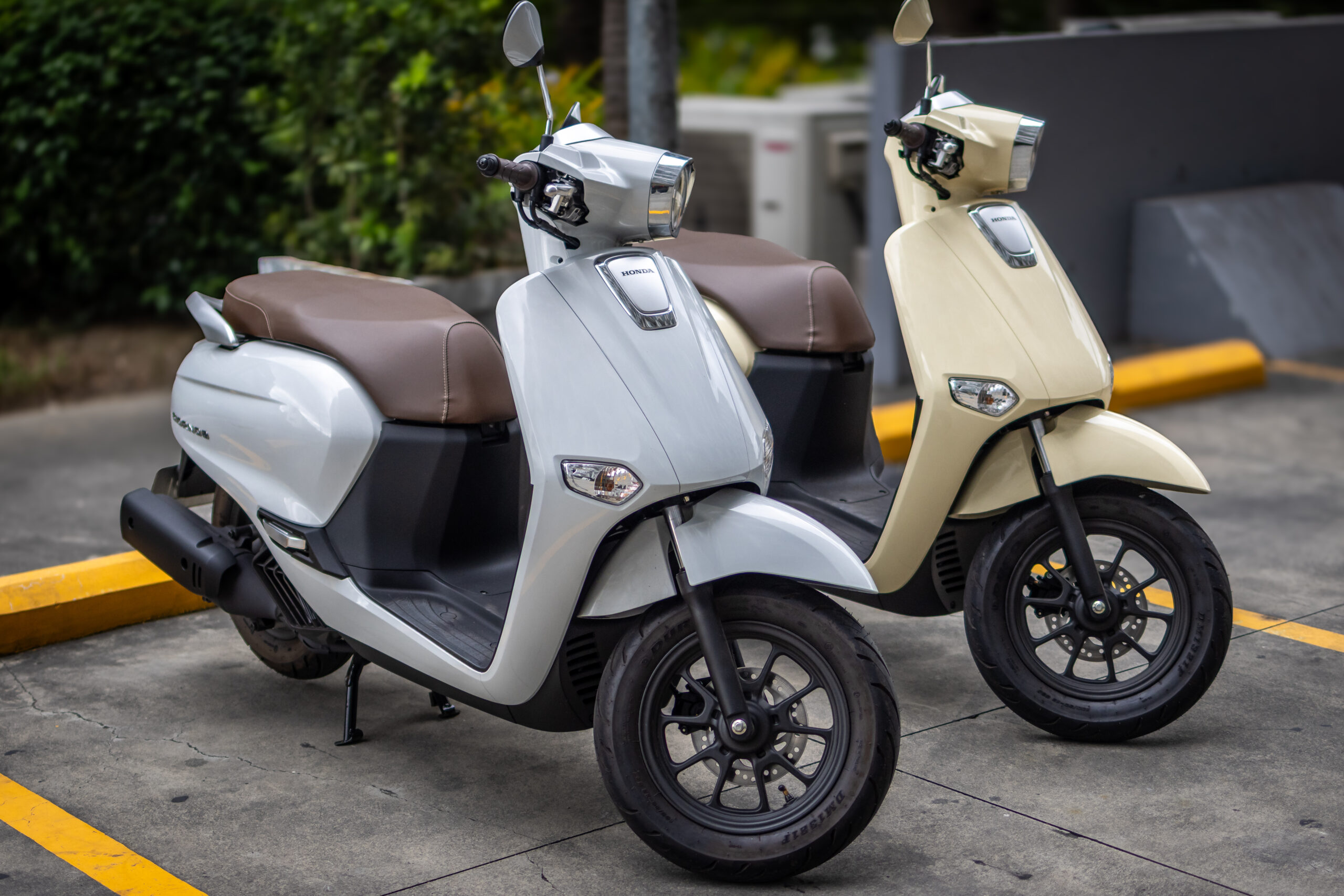




0 comments